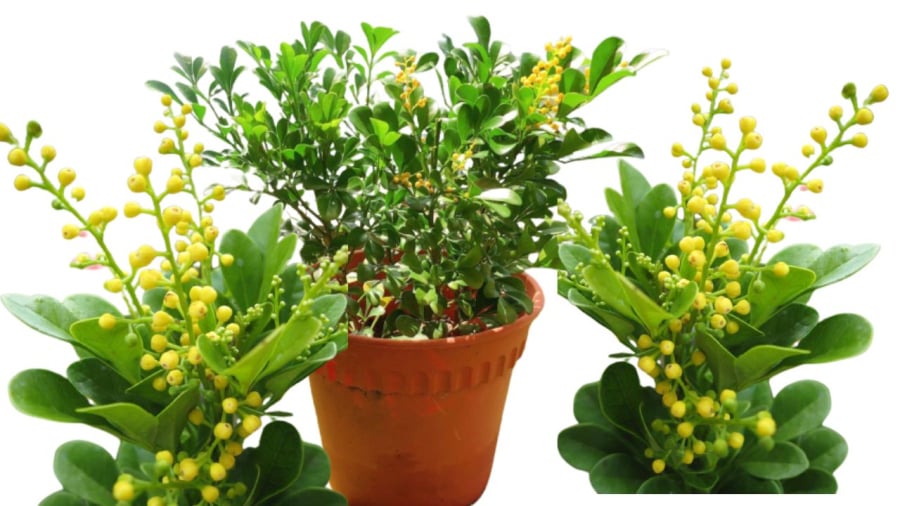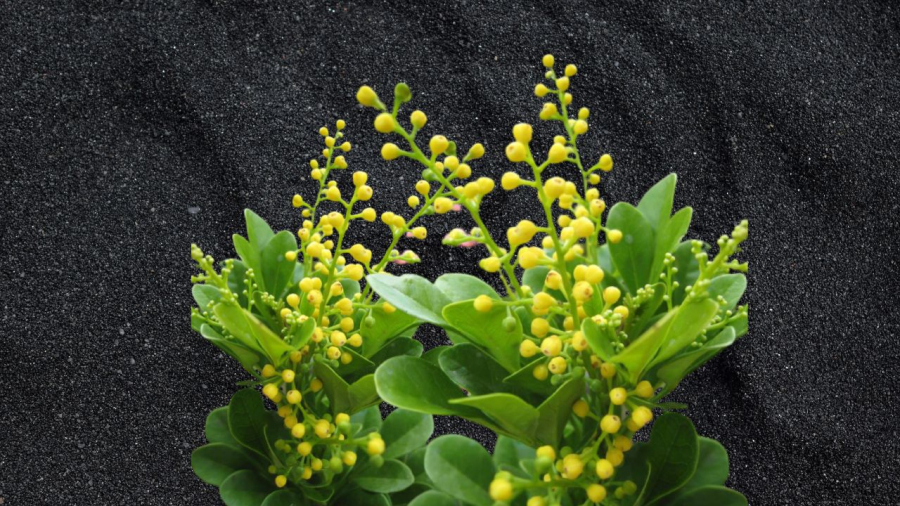The Basil Tree: A Symbol of Good Fortune and Positive Energy
The basil tree, with its tiny, pale flowers and lush green leaves, is a beloved addition to any home. This familiar ornamental plant offers a pop of year-round greenery and a delicate, sweet fragrance. Known as “ngau” in Vietnamese, the basil tree is more than just a pretty face. In traditional Eastern medicine, its flowers and leaves are prized for their medicinal properties, aiding in detoxification, relaxation, and overall well-being.
Beyond its practical benefits, the basil tree holds a special place in feng shui. Planted in front of a home, it serves as a protective barrier, warding off negative energy and attracting good fortune. For large families, the basil tree is especially auspicious, symbolizing unity and harmony while bringing prosperity and peace to all within its presence.

The Enduring Beauty of the Basil Tree
Unraveling the Meaning of the Basil Tree
The basil tree, a resilient plant that thrives in harsh climates, has long been a favorite of homeowners. Its preference for sunny locations and moist soil makes it adaptable to various environments. In feng shui, the basil tree is akin to a protective screen, shielding the home from negative influences and inviting positive energy to flow freely.
The basil tree is believed to repel malevolent spirits and absorb negative energy, creating a harmonious balance within the home. For families with many members, the basil tree is a blessing, as it does not discriminate against different destinies and instead fosters unity and prosperity for all.
With its auspicious symbolism and robust growth, it’s no wonder that the basil tree is often chosen for planting in front of homes, temples, and public spaces. Its delicate flowers and fragrant leaves also hold a special significance in the traditional art of tea appreciation, adding to its cultural value.

A Symbol of Family Reunion and Prosperity
Cultivating the Basil Tree
The basil tree is easy to cultivate. Simply purchase a young tree from a garden store and transplant it into a pot or your garden. When planting, select well-drained, nutrient-rich soil with a loose, porous texture.
As a sun-loving plant, the basil tree thrives in bright, open spaces like balconies or front yards. However, it can also adapt to semi-shaded environments, making it suitable for indoor placement with occasional sun exposure.
For optimal aesthetics, consider planting your basil tree in a large pot and shaping it artistically. Trimming the tree into the shape of a hexagonal jar is believed to bring good feng shui and enhance the tree’s positive impact on your living space.
Information provided is for reference only.































